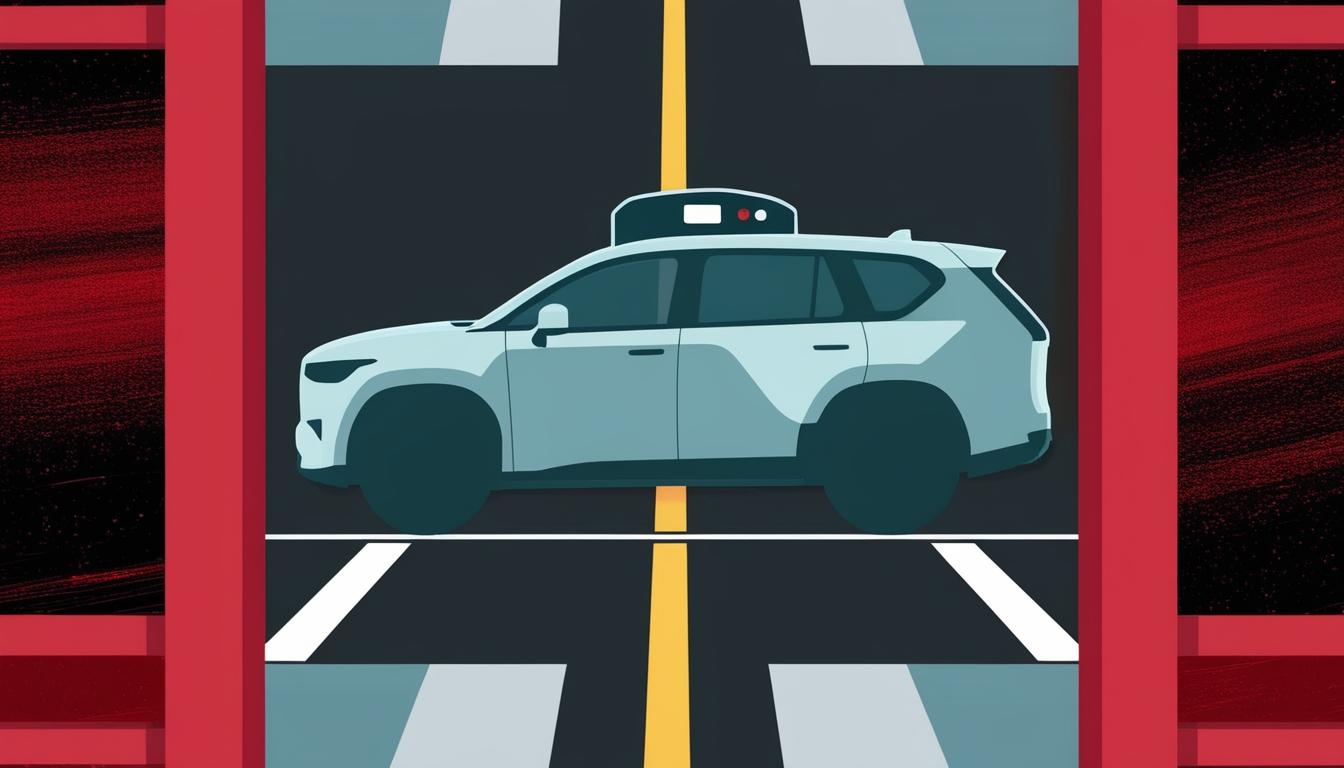During a recent earnings call in October, Tesla CEO Elon Musk articulated his vision for federal-level regulations concerning autonomous driving vehicles, stating that it has been “incredibly painful to do it state by state for 50 states.” This perspective is gaining traction as Musk has now taken on a pivotal role as a co-leader of the incoming Trump administration's Department of Government Efficiency (DOGE), a move that could accelerate legislative developments favourable to companies operating in the autonomous vehicle sector, including Waymo, which is actively expanding its driverless robotaxi services in three U.S. cities.
This week at the 2025 Consumer Electronics Show (CES) held in Las Vegas, Waymo co-CEO Tekedra Mawakana discussed the current landscape of self-driving vehicle technology, emphasising that the industry has “matured” since Trump's previous presidency. Mawakana highlighted the increased competition posed by Chinese and German automotive manufacturers in the autonomous driving arena and suggested that a supportive regulatory environment from the Trump administration could reinforce American leadership in the field.
Mawakana stated, “This is a real opportunity for U.S. leadership, and so enabling safe sustainable transportation that is autonomous is very aligned with what I think this administration will want to do,” during a fireside chat at CES, as reported by AFP. Her comments suggest optimism regarding how a national regulatory framework might evolve under the new administration, provided that safety remains a critical focus.
The co-CEO underscored the importance of prioritising safety in any regulatory advancements, expressing a hope that the forthcoming policies would centre on risk mitigation. She asserted, “As far as a national framework, that’ll be great. That framework should require people to demonstrate their safety record.” However, she also cautioned against the possibility of a “race to the bottom on safety” that could arise from hastily implemented national standards.
While the details of the anticipated regulatory framework remain undisclosed, it is noteworthy that the National Highway Traffic Safety Administration proposed a rule last December aimed at establishing voluntary safety guidelines that would require autonomous vehicle manufacturers to report incidents such as crashes and technical issues. With President Joe Biden nearing the end of his term, experts in technology policy surmise that the incoming Trump administration might possess the authority to influence the implementation of these less stringent safety measures.
Waymo’s driverless operations currently span Phoenix, San Francisco, and Los Angeles, performing over 150,000 rides weekly with commendable safety metrics. According to internal data sourced from the company, Waymo vehicles have experienced 81 percent fewer airbag deployment crashes, 78 percent fewer injury-causing incidents, and 62 percent fewer police-reported crashes when compared to human drivers over a similar distance since beginning operations in 2017.
Commenting on safety beyond mere statistics, Mawakana noted on X, “Safety is more than numbers—it’s getting people where they’re going safely each day.”
Despite her positive outlook on potential regulatory shifts under the Trump administration, Mawakana was non-committal when addressing concerns regarding Elon Musk's political influence and how it might favour Tesla, a competitor also pursuing autonomous vehicle development. She remarked, “Making the road safer is an important mission, and it’s too big for one company,” reinforcing the need for a collaborative approach to advancing road safety.
As the landscape of AI automation for businesses, particularly in the automotive sector, continues to shift, the implications of regulatory developments and competition will be closely monitored by industry stakeholders and consumers alike.
Source: Noah Wire Services
